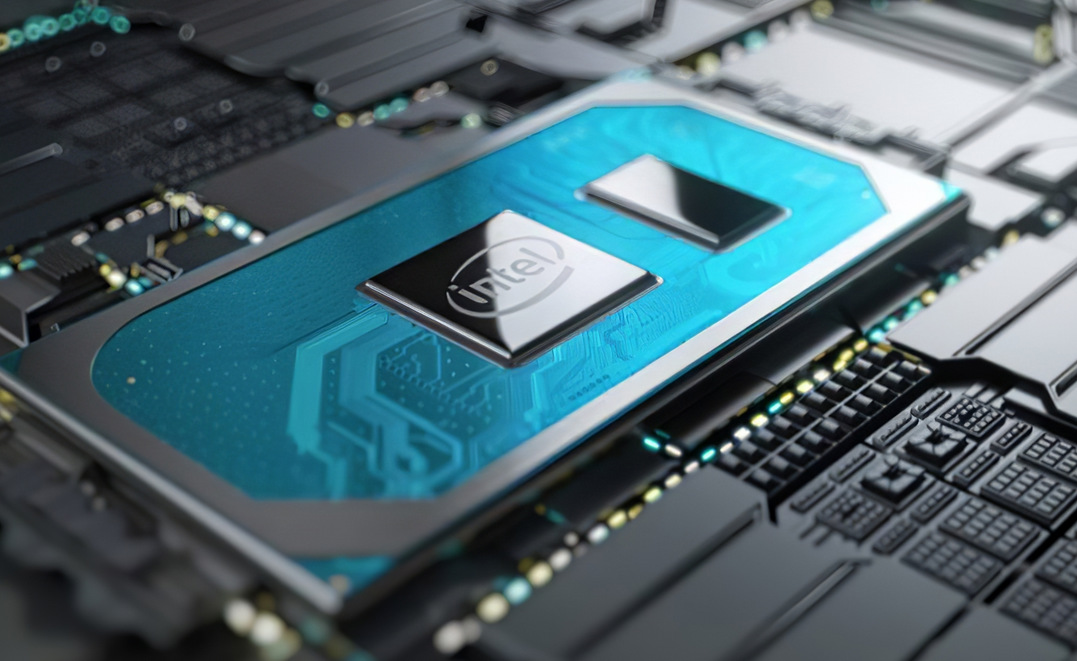In the morning news on December 14, Beijing time, Intel executives revealed when they first announced the company's "Meta Universe" strategy that the company is developing a software that can help notebooks borrow the computing power of other devices, and even borrow rival chips.
[Intel’s first step into the meta-universe: "borrowing chips"] Meta-universe requires powerful computing power, and Nvidia and Qualcomm may be the beneficiaries. At the recent RealTime Conference, Raja Koduri, head of Intel’s accelerated computing systems and graphics group, revealed that Intel’s first product in the metaverse field is software, which can borrow the computing power of existing and unused devices.
For example, if a game player plays a game with a heavy graphics task on a laptop, the system chip will be under a lot of pressure. If there is an unused gaming PC in another room, the software can detect it, and then borrow it through the home network Computing power, so the game experience will be better.
Raja Koduri said: "We considered one point when designing the architecture of all layers, that is, everyone's hardware can be accessed, as long as it meets industry standards. Everything we build will involve a lot of open source work."
北京时间 12 月 14 日早间消息,英特尔高管首次发表公司“元宇宙”战略时透露,公司正在开发一款软件,可帮助笔记本借用其它设备的计算力,甚至可以借用竞争对手的芯片。
[英特尔进军元宇宙的第一步:“借芯片”]
元宇宙需要强大的计算力,Nvidia、高通可能会成为受益者。在最近的 RealTime Conference 会议上,英特尔加速计算系统及图形集团主管 Raja Koduri 透露说,英特尔进入元宇宙领域的第一款产品是软件,软件可以借用已有、未用设备的计算力。
例如,如果游戏玩家在笔记本上玩图形任务很重的游戏,系统芯片就会承受很大压力,如果另一个房间有一台没有使用的游戏 PC,软件可以侦测到,然后就会通过家庭网络借用计算力,这样游戏体验会更好。
Raja Koduri 说:“我们在设计所有层的架构时考虑到一点,即每个人的硬件都能接入,只要它符合行业标准就可以。我们构建的一切将涉及到大量开源工作。”
